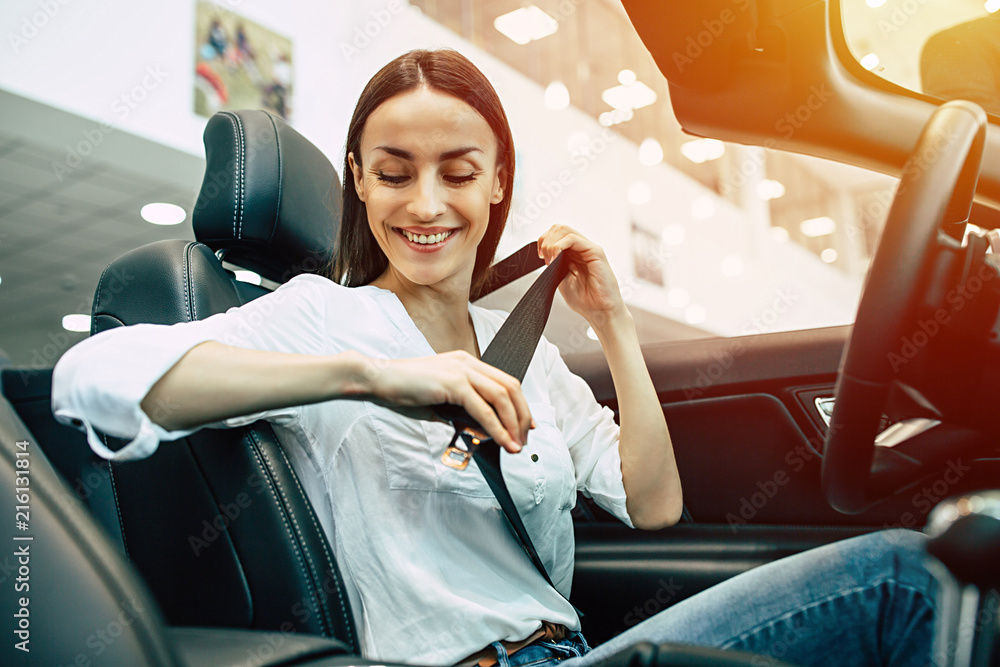Buying your first car is a rite of passage into adulthood. While it's expected for many older teens and young adults to buy a vehicle, quite often they aren't quite sure how. If you're getting ready to purchase your first car but don't know where to start, the following three tips can help you get ready for the road.
The first thing to do before purchasing a car is get your money together. It's no secret that vehicles are expensive. Whether you plan on buying a new car or something previously used, it's crucial to know how you plan on paying for it. Additionally, have a budget in mind before you even begin car shopping. If you know how much you would like to spend, you can avoid committing to a vehicle you can't afford. Plus, having a budget will help you evaluate extraneous costs such as maintenance, registration, and licensing.
If you've been working on saving but still find yourself short on funds, you don't have to give up your wish for a new car. Finding a finance option such as an auto loan can help you afford the vehicle you need even if you don't have the full payment in hand. Depending on your financial situation, you can look for a loan that either has a high monthly payment and pay your car off faster, or keep your payments low and work through your total slower. Many of these financing options are customizable, so don't be afraid to shop around.

Once you have your budget nailed down and your financing plan figured out, it's time to choose a vehicle. There are hundreds of different types of cars, from sedans to large trucks. Each has its pros and cons, but there will always be something that's perfect for you and your situation.
When you're picking out a car, there are a few things to consider. First, what will be your main use for the vehicle? Are you simply using it to get to work? Are you using it to haul things? Do you need it for your business?
Second, consider the kind of mileage requirements you need. Different vehicles have different gas ratings for city vs. highway driving, so make your choice based on your locale. If you live in a rural area, you don't necessarily need a car that's made to function optimally in city driving and vice versa. No matter what your major needs are for your vehicle, there's a car out there for you.
Your final step is to get out on the road. You've handled the financials and found a car you like, now it's time to make a purchase. If you're buying from a dealership, a majority of your titling, registration, and licensing paperwork will be done there. In most cases, you can drive your new car home the same day you purchase it with no issues!

If you're buying a used car, whether it's from an individual or a private dealership, you may need to take a few extra steps before you fully get on the road. You need to get your new car added to your insurance plan, which can usually be done over the phone or online.
Next, you need to get the title and registration in your name. This is done with a notary and will require signatures from both you and the seller, so don't leave until you have those papers with you.
Finally, you'll need a license plate. Getting the plate and tags transferred to a new car usually costs around $60 with the local DMV, and you don't need to bring the car with you. All you'll need is the paperwork you signed with the seller and your personal information, and you'll receive a new plate. Once you have all these items squared away, you and your new car are all set!
Overall, buying your first car can be intimidating. However, it doesn't have to be an overly complicated process. With these three tips, you can find the vehicle that's right for you.
Be the first to post comment!